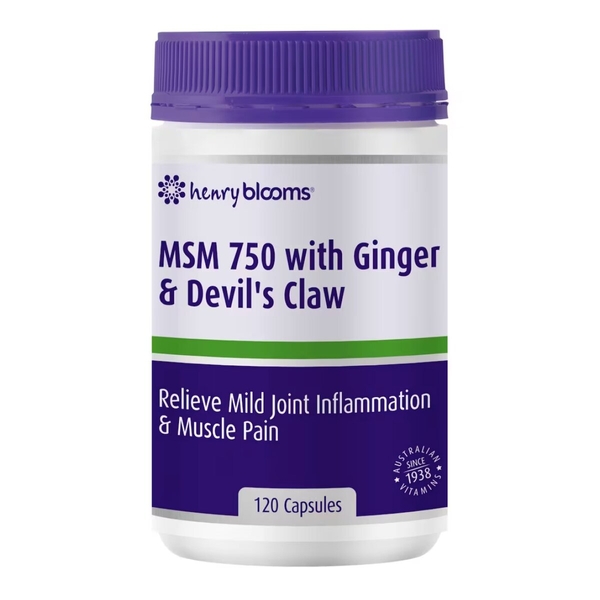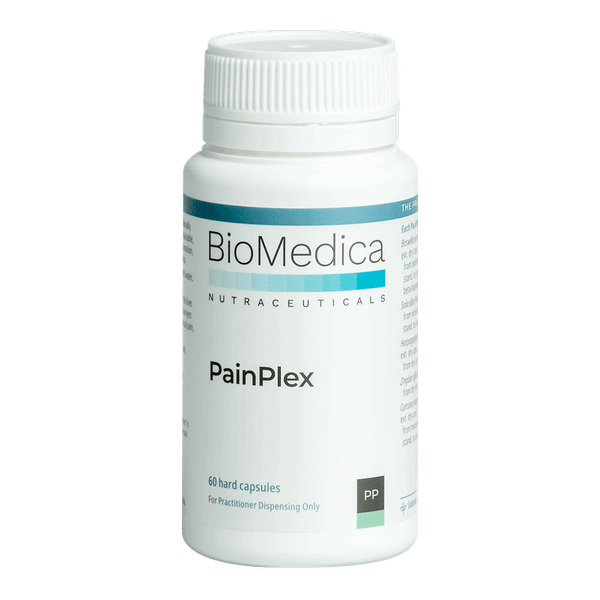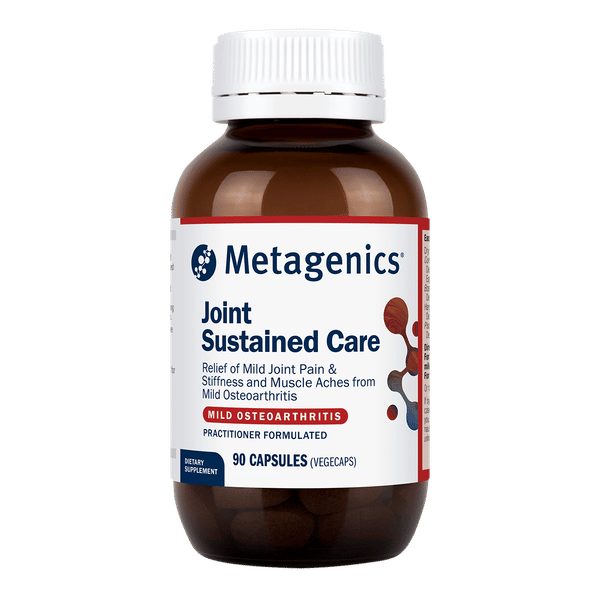
Background
Devil's claw is native to south Africa, including the Kalahari Desert, where it's been used traditionally for many conditions. Devil's claw contains chemicals that might decrease swelling. Because of this, it is often used to treat conditions that involve both pain and inflammation.
Devil's claw is most commonly used for back pain and osteoarthritis. It is also used for rheumatoid arthritis (RA) and other conditions, but there is no good scientific evidence to support these uses. There is also no good evidence to support using devil's claw for COVID-19.
Safety Safety definitions
When applied to the skin: There isn't enough reliable information to know if devil's claw is safe or what the side effects might be.
Special Precautions & Warnings:
Pregnancy: Devil's claw is possibly unsafe when used during pregnancy. It might harm the developing fetus. Avoid use.Breast-feeding: There isn't enough reliable information to know if devil's claw is safe to use when breast-feeding. Stay on the safe side and avoid use.
Heart and circulation problems: Devil's claw may affect heart rate, heartbeat, and blood pressure. It might harm people with disorders of the heart and circulation. If you have one of these conditions, talk with your healthcare provider before starting devil's claw.
Gallstones: Devil's claw might increase bile production. This could be a problem for people with gallstones. Avoid using devil's claw.
Low levels of sodium in the body: Devil's claw might decrease levels of sodium in the body. This might worsen symptoms in people who already have low levels of sodium.
Peptic ulcer disease: Devil's claw might increase the production of stomach acids, which might harm people with stomach ulcers. Avoid using devil's claw.
Effectiveness
- Back pain. Taking devil's claw by mouth seems to reduce lower back pain. Devil's claw seems to work about as well as some non-steroidal anti-inflammatory drugs (NSAIDs).
- Osteoarthritis. Taking devil's claw by mouth alone, with other ingredients, or along with nonsteroidal anti-inflammatory drugs (NSAIDs) seems to help reduce osteoarthritis pain. Some people taking devil's claw seem to be able to lower the dose of NSAIDs taken for pain relief.
Dosing & administration
Interactions with pharmaceuticals
Medications changed by the liver (Cytochrome P450 2C19 (CYP2C19) substrates)
Interaction Rating=Moderate Be cautious with this combination.
Some medications are changed and broken down by the liver. Devil's claw might change how quickly the liver breaks down these medications. This could change the effects and side effects of these medications.
Medications changed by the liver (Cytochrome P450 2C9 (CYP2C9) substrates)
Interaction Rating=Moderate Be cautious with this combination.
Some medications are changed and broken down by the liver. Devil's claw might change how quickly the liver breaks down these medications. This could change the effects and side effects of these medications.
Medications changed by the liver (Cytochrome P450 3A4 (CYP3A4) substrates)
Interaction Rating=Moderate Be cautious with this combination.
Some medications are changed and broken down by the liver. Devil's claw might change how quickly the liver breaks down these medications. This could change the effects and side effects of these medications.
Medications moved by pumps in cells (P-glycoprotein Substrates)
Interaction Rating=Minor Be watchful with this combination.
Some medications are moved in and out of cells by pumps. Devil's claw might change how these pumps work and change how much medication stays in the body. In some cases, this might change the effects and side effects of a medication.
Medications that decrease stomach acid (H2-blockers)
Interaction Rating=Minor Be watchful with this combination.
H2-blockers are used to decrease stomach acid. Devil's claw can increase stomach acid. Taking Devil's claw might decrease the effects of H2-blockers.
Some common H2-blockers include cimetidine (Tagamet), ranitidine (Zantac), and famotidine (Pepcid).
Medications that decrease stomach acid (Proton pump inhibitors)
Interaction Rating=Minor Be watchful with this combination.
Proton pump inhibitors are used to decrease stomach acid. Devil's claw can increase stomach acid. Taking devil's claw might decrease the effects of proton pump inhibitors.
Some common proton pump inhibitors include omeprazole (Prilosec), lansoprazole (Prevacid), rabeprazole (Aciphex), pantoprazole (Protonix), and esomeprazole (Nexium).
Warfarin (Coumadin)
Interaction Rating=Moderate Be cautious with this combination.
Warfarin is used to slow blood clotting. Devil's claw might increase its effects and the chances of bruising and bleeding. Be sure to have your blood checked regularly. The dose of your warfarin might need to be changed.


.png)



